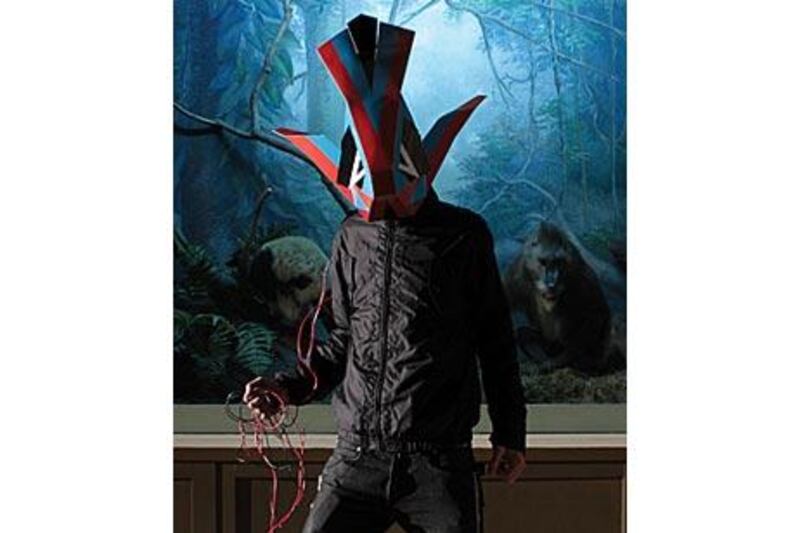Travel around the desperately dry, cactus-fringed terrain of northern Argentina near the border with Bolivia, and there's only one type of music you're likely to encounter. It certainly isn't tango. As locals celebrated Carnival in the small Jujuy town of Purmamarca last week, throwing flour at each other and getting into a party mood, a cumbia band, complete with full brass line-up, pumped out the classics. The churning, chugging beat of this most recognisable of sounds dominates the airwaves 24/7, accompanied by sentimental lyrics telling stories of love and loss.
Cumbia is probably only rivalled by reggaeton as the pan-Latin music of the moment, danced to by swathes of sweaty masses all over the continent and played by DJs from London to Tokyo. The music has come a long way since its birth in Colombia two centuries ago, travelling down Latin America and picking up new twists and turns along the way. Yet in Buenos Aires, where porteños like to think of themselves as having a more European musical outlook, cumbia has been reduced to cumbia villera, a sort of outsider's music - fermenting and bubbling up from the villas miserias, shantytowns where immigrants from other parts of the country and the continent live in makeshift housing, scraping a living. As one dismissive Buenos Aires resident recently put it: "It's the music of the poor people."
In the past few years, however, cumbia in Buenos Aires has been forging a new path, pioneered by the ZZK record label, founded in March 2008. The label, which also organises a Zizek club night at various spots around the city, has a roster of artists that play neither traditional cumbia nor cumbia villera. ZZK's music is wonderfully difficult to predict, at once international and Latin American. But until the birth of the label, the cutting-edge artists that now form the core of its output lacked a platform to get their global hotchpotch sound out to the city.
In Buenos Aires's latest take on the genre, it has melded into an electronic, digital dance music that has proved a big hit with clubbers and taken cumbia firmly out of the cultural ghetto it once inhabited. As Villa Diamante, the resident DJ and ZZK producer says, "The idea is to break codes and go beyond musical genres." In one sense the nu-cumbia being promoted by ZZK is very much a sign of the times: a global, cut-and-paste sound that would have been unthinkable before the advent of the internet, which brought music from around the world into people's homes through social networking sites such as MySpace and Facebook. Being open to the world means that although cumbia is at the root of ZZK's sound, the artists' music floats through a range of styles that includes hip-hop, dub, drum and bass and even traditional Argentine folk. Of the musicians on the ZZK imprint, Fauna is the most villa-influenced, with psychedelic elements. Chancha Vía Circuito's sound is hypnotic and heavy, while El Remolón plays minimalist dance music.
The Zizek club night was started in 2006, a few years before the record label came into being. It's an important cultural melting pot in a city that still clings to its clichés as the tango capital of the world. And while tourists flock to a dramatic tango show at one of the city's exclusive hotels or head to La Boca to watch dancers twirling for the visitors who throng there at weekends, Zizek feels like the beating pulse of Buenos Aires, the hippest, most exciting thing to happen to the music scene in a while.
ZZK has certainly garnered a lot of international interest in the past year, proving particularly popular at this year's Buenos Aires Feria Internacional de la Música (BAFIM), an annual trade fair and music festival used to promote the city's music to the world. To date, ZZK and its artists have performed 70 shows in 17 countries during five tours, including playing at the Festival Trans Musicales de Rennes in France and South by Southwest in the US. But it's perhaps the homecoming gigs that mean most to the Zizek crew, with past international invitees including Uproot Andy from New York and the German band Jahcoozi.
On Saturday, the DJs return to their residency at Niceto club in Buenos Aires's trendy Palermo neighbourhood for what will no doubt be a sell-out show. And who will be going? "People who want diversity," Diamante says. "People interested in new and fresh rhythms."





